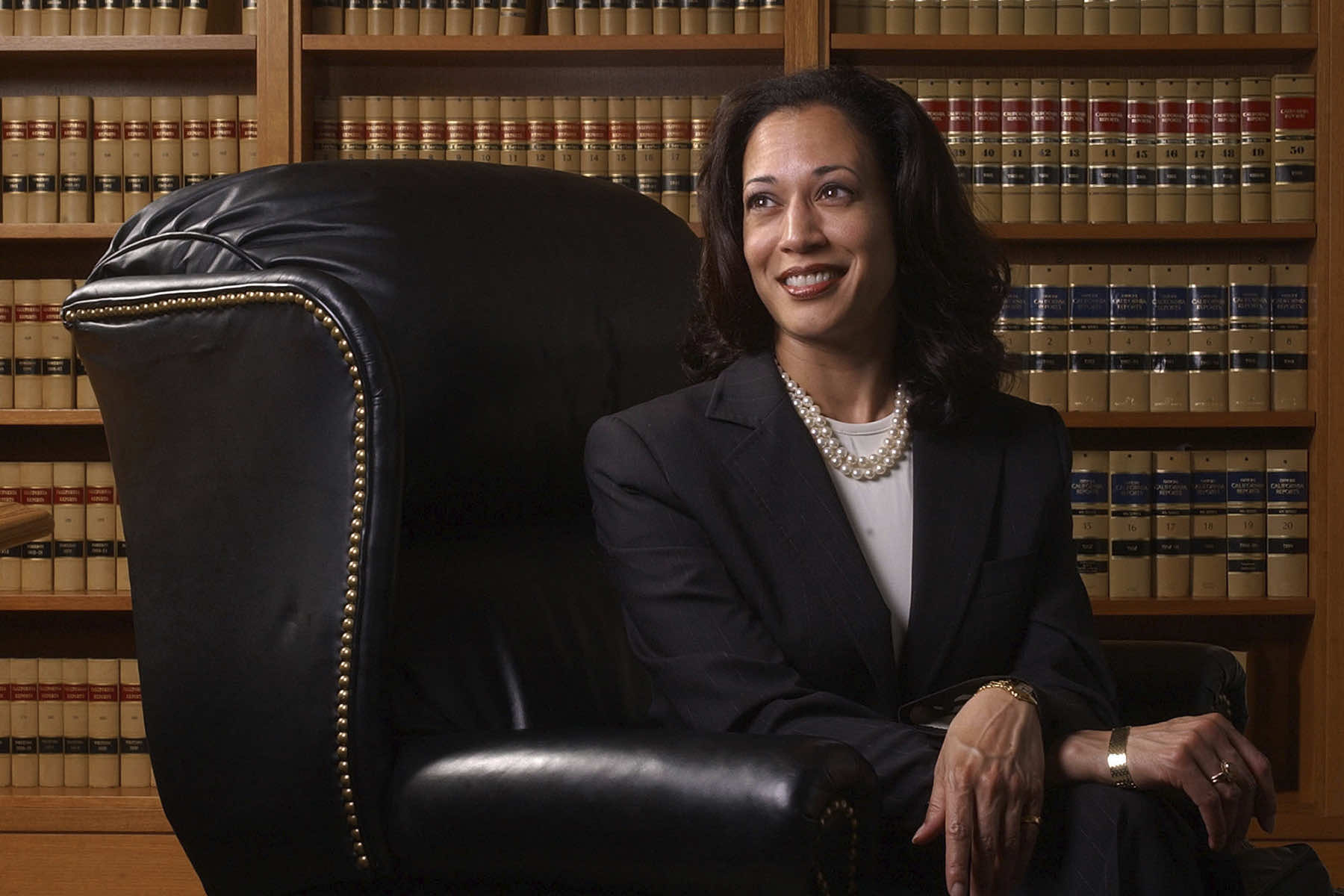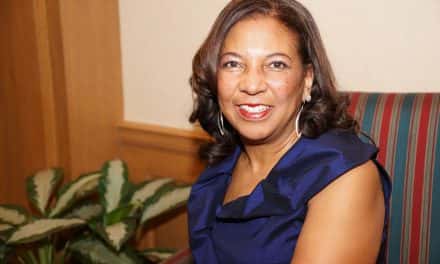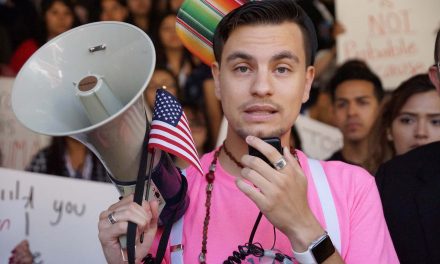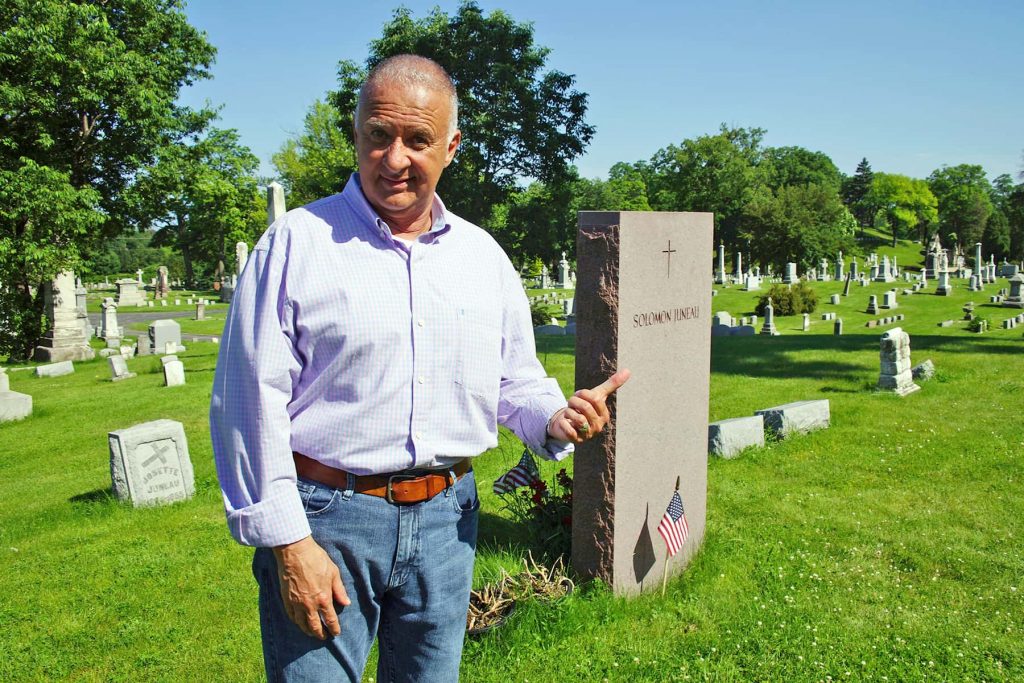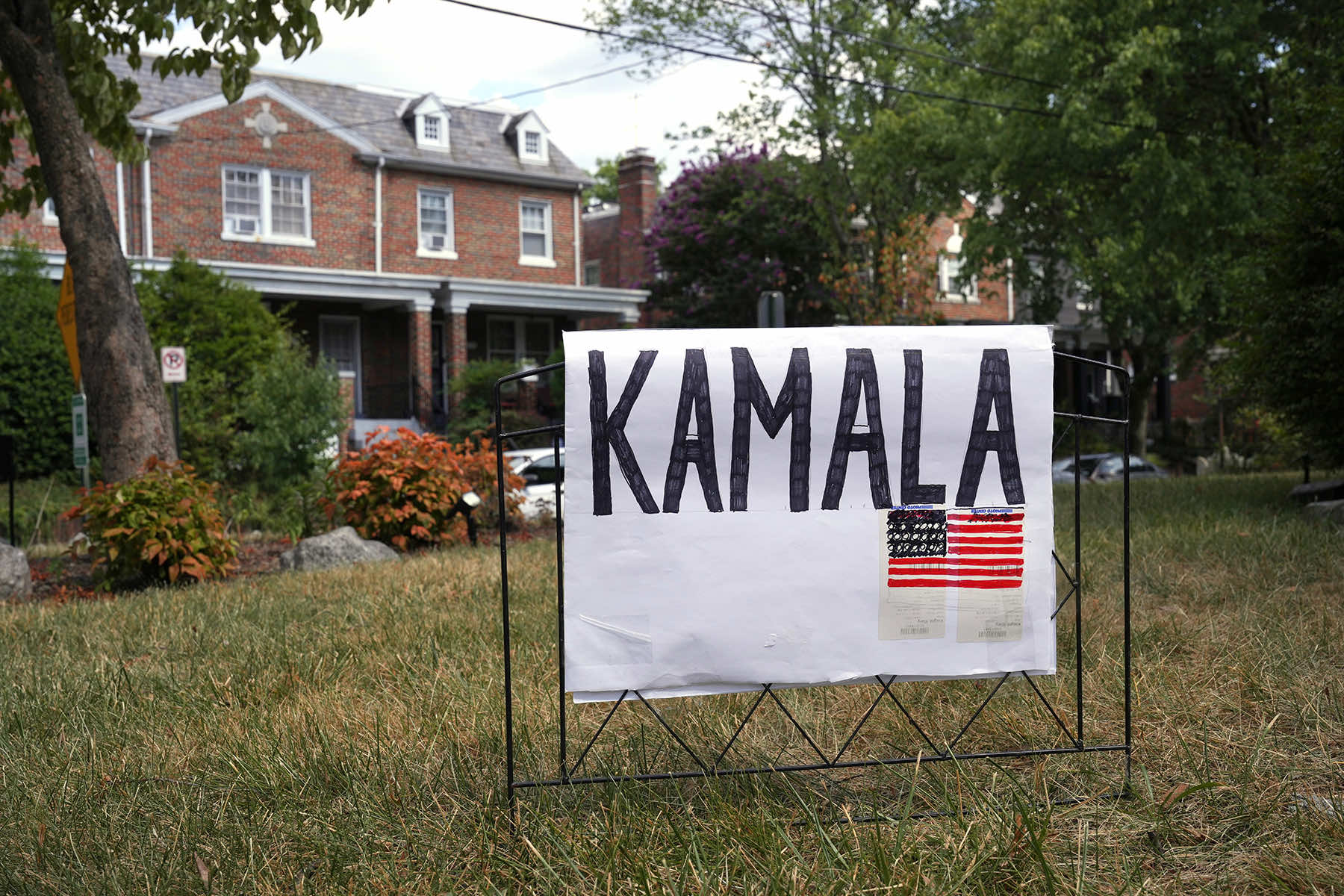
Vice President Kamala Harris moved swiftly to lock up Democratic delegates behind her campaign for the White House, after President Joe Biden stepped aside amid concerns from within their own party that he would be unable to defeat convicted felon Donald Trump.
Biden’s exit on July 21, prompted by Democratic worries over his fitness for office, was a seismic shift to the presidential contest that upended both parties’ carefully honed plans for the race.
Aiming to put weeks of intraparty drama over Biden’s candidacy behind them, prominent Democratic elected officials, party leaders, and political organizations quickly lined up behind Harris in the hours after Biden announced he was dropping his reelection campaign.
Biden’s departure frees up his delegates to vote for whomever they choose. Harris, whom Biden backed after ending his candidacy, is thus far the only declared candidate and was working to quickly secure endorsements from a majority of delegates.
It is only the first item on a staggering political to-do list for her after Biden’s decision to exit the race, which she learned of on a July 21 call with the president. If she’s successful at locking up the nomination, she must also pick a running mate and pivot a massive political operation to boost her candidacy instead of Biden’s with just over 100 days until Election Day.
On uly 21, Biden’s campaign formally changed its name to Harris for President, reflecting that she is inheriting his political operation of more than 1,000 staffers and a war chest that stood at nearly $96 million at the end of June.
Harris spent much of July 21 surrounded by family and staff, making more than 100 calls to Democratic officials to line up their support for her candidacy, according to a person familiar with the matter who spoke on the condition of anonymity to discuss the effort. It comes as she tries to move her party past the painful, public wrangling that had defined the weeks since the Biden’s disastrous June 27 debate with Trump.
Speaking to party leaders, Harris expressed gratitude for Biden’s endorsement, but insisted she was looking to earn the nomination in her own right, the person said.
In a sign that the Democratic party was moving to coalesce behind her, Harris quickly won endorsements from the leadership of several influential caucuses and political organizations, including the AAPI Victory Fund, which focuses on Asian American and Pacific Islander voters, The Collective PAC, focused on building Black political power, and the Latino Victory Fund, as well as the chairs of the Congressional Progressive Caucus and the Congressional Hispanic Caucus and the entire Congressional Black Caucus. Harris, if elected, would be the first woman and first person of South Asian descent to be president.
Notably, a handful of men who had already been discussed as potential running mates for Harris — Pennsylvania Governor Josh Shapiro, North Carolina Governor Roy Cooper, and Arizona Senator Mark Kelly — also swiftly issued statements endorsing her. Aides to Shapiro and Cooper confirmed that Harris spoke with them on July 21 afternoon. In her brief call with Cooper, the North Carolina governor told Harris he was backing her to be the Democratic nominee, according to Cooper spokeswoman Sadie Weiner.
But former President Barack Obama held off on an immediate endorsement, as some in the party have expressed worry that the quick shift to Harris would appear to be a coronation, instead pledging his support behind the eventual party nominee.
Meanwhile, West Virginia Senator Joe Manchin, who left the party earlier this year to become an independent, is considering re-registering as a Democrat to vie for the nomination against the vice president, according to Jonathan Kott, a longtime adviser to Manchin.
Harris, in a statement, praised Biden’s “selfless and patriotic act” in deciding to leave the race and said she intends to “earn and win” her party’s nomination.
“I will do everything in my power to unite the Democratic Party — and unite our nation — to defeat Donald Trump and his extreme Project 2025 agenda,” she said.
Biden planned to discuss his decision to step aside in an address to the nation. He wrote in a letter posted on July 21 to his X account, “I believe it is in the best interest of my party and the country for me to stand down and to focus solely on fulfilling my duties as President for the remainder of my term.”
Nearly 30 minutes after he delivered the news that he was folding his campaign, Biden threw his support behind Harris.
“Today I want to offer my full support and endorsement for Kamala to be the nominee of our party this year,” he said in another post on X. “Democrats — it’s time to come together and beat Trump.”
The Democratic National Convention is scheduled to be held August 19 to 22 in Chicago, but the party had announced it would hold a virtual roll call to formally nominate Biden before in-person proceedings begin. The convention’s rules committee is scheduled to meet to finalize its nomination process and it is unclear how it will be adjusted to reflect Biden’s exit.
Congressional Hispanic Caucus chairwoman Nanette Barragan, who emphasized that she was “all in” behind the vice president, said she spoke on July 21 with Harris, who communicated that she preferred to forego a virtual roll call for the nomination process and instead hold a process that adheres to regular order.
The Democratic National Committee’s chair, Jaime Harrison, said in a statement that the party would “undertake a transparent and orderly process” to select “a candidate who can defeat Donald Trump in November.”

